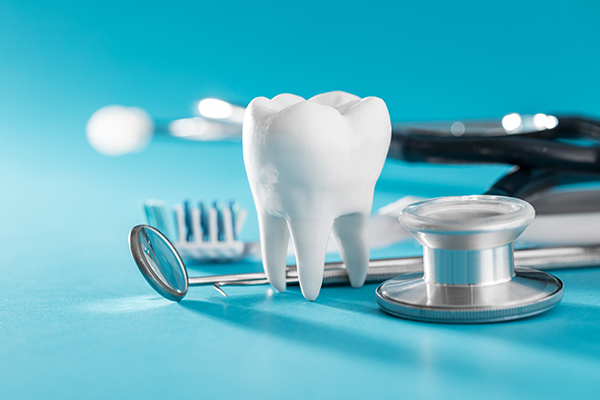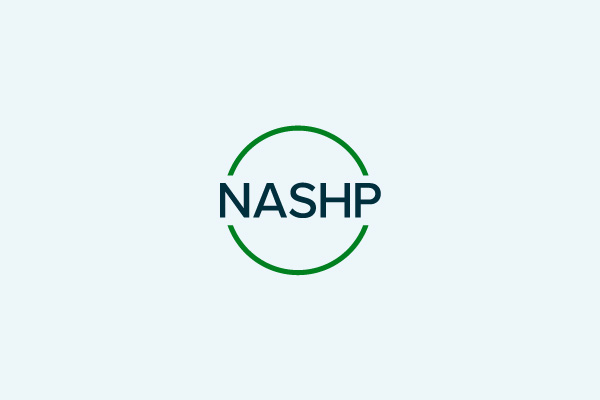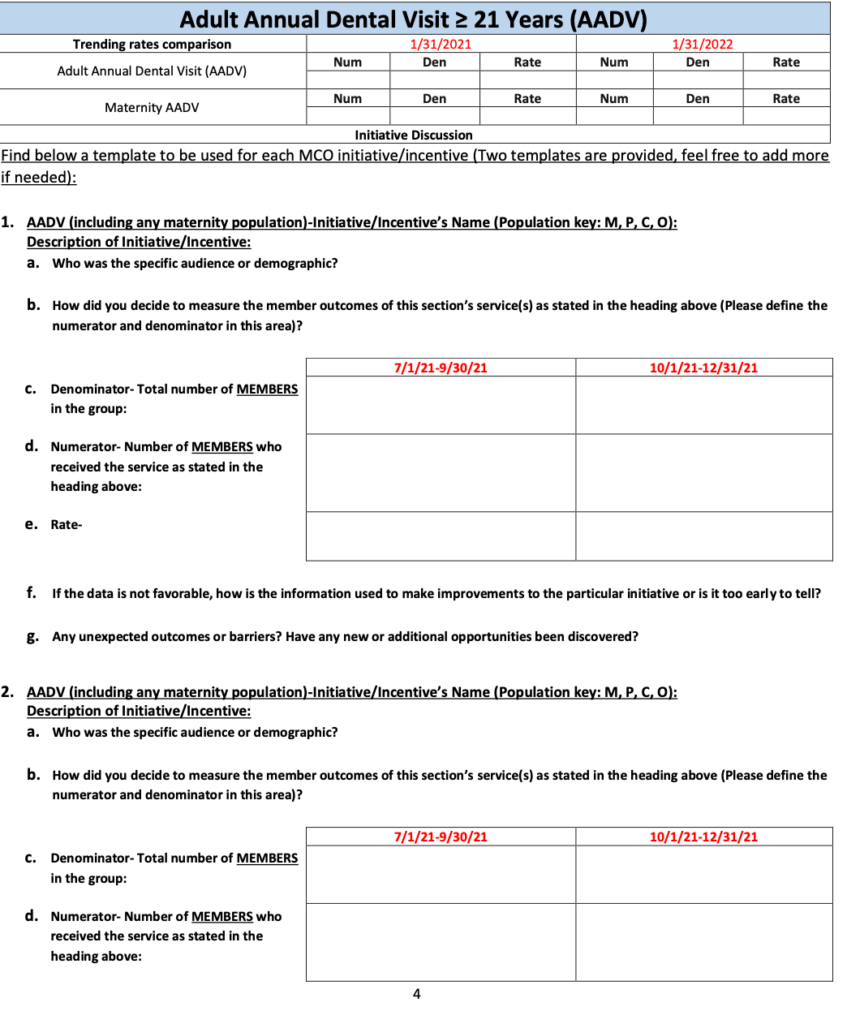State officials continue to develop new approaches to increase access to oral health services, and many of their innovations were highlighted at National Academy for State Health Policy’s 2019 conference. There are ongoing initiatives, such as deploying community health workers in Minnesota, a New Hampshire Medicaid and Women, Infants, and Children Nutrition Program pay-for-prevention, bundled payment pilot for children’s preventive oral health services, and implementation of new Medicaid policies to expand access in Arizona and Utah.
These oral health policies underscore the critical relationship between increased access to oral health for overall health, a relationship that is highlighted in two new NASHP fact sheets that explore how states are expanding their oral health workforce: Minnesota Deploys Community Health Workers and Dental Therapists to Advance Equity and Arizona Uses Dental Hygienists to Improve Hospital Patient Safety.
For ventilator-assisted patients, good oral health supports patient safety. As an Arizona Department of Health Services representative discussed at NASHP’s conference, state legislation enacted in May 2019 changed scope-of-practice laws to allows dental hygienists working in hospital settings to practice under the supervision of a licensed physician.
A volunteer project enabled Arizona to test the use of dental hygienists to provide oral health care to ventilator-assisted patients – a strategy recommended by the US Centers for Disease Control and Prevention to reduce ventilator assisted pneumonia (VAP). VAP, which is usually caused by oral bacteria, was the leading cause of death from nosocomial infections in critically ill patients and significantly increased hospital costs. This project identified the scope-of-practice law, which required supervision by a dentist, as a key barrier to having dental hygienists in hospitals to improve oral health to support the overall health of ventilator-dependent patients. To learn more, read Arizona Uses Dental Hygienists to Improve Hospital Patient Safety.
Good oral health also supports overall health among adults with substance use disorder (SUD). As a representative from the Utah Department of Health’s Division of Medicaid and Health Financing highlighted at the conference, the state added dental benefits for targeted adult Medicaid beneficiaries with SUD in January 2019. The beneficiaries receive dental care at the University of Utah School of Dentistry and affiliated providers. The policy builds on the innovative Project FLOSS – Facilitating a Lifetime of Oral Health Sustainability for Substance Use Disorder Patients and Families. Project FLOSS demonstrated that providing comprehensive integrated dental and SUD care was associated with increased SUD treatment completion, employment, and drug abstinence, along with reduced homelessness among adults.
Emerging health professionals, such as community health workers (CHWs), promote overall health and health equity. Minnesota is one of just a few states that include a specific CHW role to promote oral health – helping to link oral health and overall health. In 2005, Minnesota became the first state to implement a for-credit, transferrable-credit CHW certificate program through its state college system and private higher education institutions. CHWs work under the supervision of eligible Medicaid providers in the state, including dentists. By providing culturally competent, high-quality access to services and increasing the health knowledge of the individuals they serve, CHWs can help reduce disparities. To learn more about the role of CHWs and dental therapists, read Minnesota Deploys Community Health Workers and Dental Therapists to Advance Equity.
In 2020, NASHP will continue to track state policy changes and efforts to increase access to pediatric and adult oral health services as part of states’ commitment to promote overall health.
The DentaQuest Partnership for Oral Health Advancement supported the conference session and these fact sheets.



